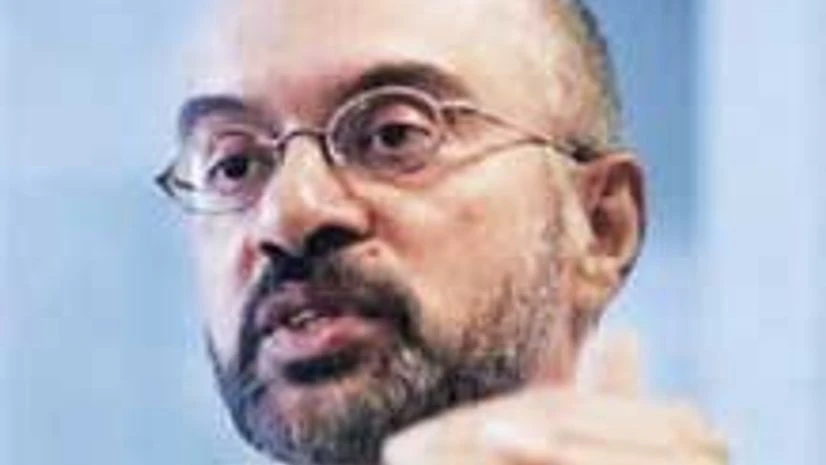“Given that we have been in India for long now, we are optimistic that the approval process should happen speedily. We want to scale up our presence in India from being a large corporate bank to being a more universal kind of a bank. On the back of subsidiarisation approvals, we want to use the platform to expand our business into more cities, (have a) deeper presence and build our SME (small and medium enterprises) and the consumer finance business as well,” said Piyush Gupta, chief executive officer (CEO), DBS.
To scale up its presence in India, the lender is looking at having a network of 50-75 branches in the next three-five years. Currently, they have 12 branches in the country. Apart from strengthening the branch network, DBS will also be focusing on building its digital banking business to reach out to consumers.
“There was about $2 billion of gross merchandise in value in the last quarter in e-commerce. As a result it is a good time for banks to piggyback on the trend,” he added.
To fuel the growth, the parent will be infusing more capital into the India business. However, Gupta did not disclose the amount. Till now, DBS has pumped in Rs 2,544 crore into the India business.
Before applying to RBI, DBS had requested the regulator to relax the priority sector lending (PSL) norms. Fulfilling the PSL norms had been a bone of contention for foreign lenders who had been exploring the WOS route. RBI had said PSL requirement for foreign banks would be 40 per cent, like their Indian counterparts. Of this, 18 per cent of loans have to be offered to the farm sector.
The current cut-off for foreign lenders in the PSL segment is 32 per cent (for foreign banks with more than 20 branches, it is 40 per cent) but once they take up the WOS route, banks will have to move to achieving 40 per cent within five years of foreign banks converting into a WOS.
However, Gupta believes the relaxations made in the PSL norms will make the process easier. According to the new regulations, loans to sectors such as social infrastructure, renewable energy and medium enterprises will also be treated as PSL. Apart from this, the distinction between direct and indirect agriculture has also been removed.
“Some of the new changes with the PSL guidelines are quite helpful. Within that, the ability to do some indirect agriculture, micro and small enterprise and more importantly the ability to trade in certificates to the extent that there are shortfalls are all helpful ideas. So in our construct we think we can work with the PSL requirements,” said Gupta.
Once the approvals are granted DBS will have to submit another application to RBI for amalgamation of its business. After getting the approval, the lender will be able to convert its branches into subsidiaries. Gupta believes by the January-March quarter, DBS the bank would have had converted into a WOS.

)
